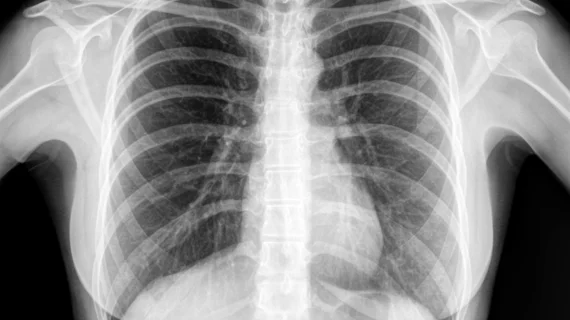Lunit’s AI solution for x-ray analysis gains CE certification
Lunit, a medical software company based out of South Korea, has gained CE certification for its newest chest x-ray analysis solution, Lunit INSIGHT CXR.
The solution uses AI technology to identify a total of 10 chest abnormalities—including pneumothorax, fibrosis and more—and crafts reports for the radiologist that summarize each finding. Lunit INSIGHT CXR can also be used to screen patients for tuberculosis.
“We are delighted to announce that one of our most mature products, Lunit INSIGHT CXR, has won CE marking,” Brandon Suh, MD, Lunit CEO, said in a prepared statement. “We look forward to installations among hospitals across Europe, where an improvement in healthcare services in the region can greatly impact many people’s lives.”
“Lunit INSIGHT CXR has been evolving ever since its first introduction at RSNA 2017,” Sunggyun Park, PhD, head of chest radiology at Lunit, said in the same statement. “According to our reader study published in Radiology, our product can greatly improve reader performance by 20% at the highest. It can support radiologists to gain efficiency in the day to day workflow.”
The solution—which Lunit will be displaying at RSNA 2019 in Chicago—is already installed in Mexico, China, Thailand, Korea and UAE.

